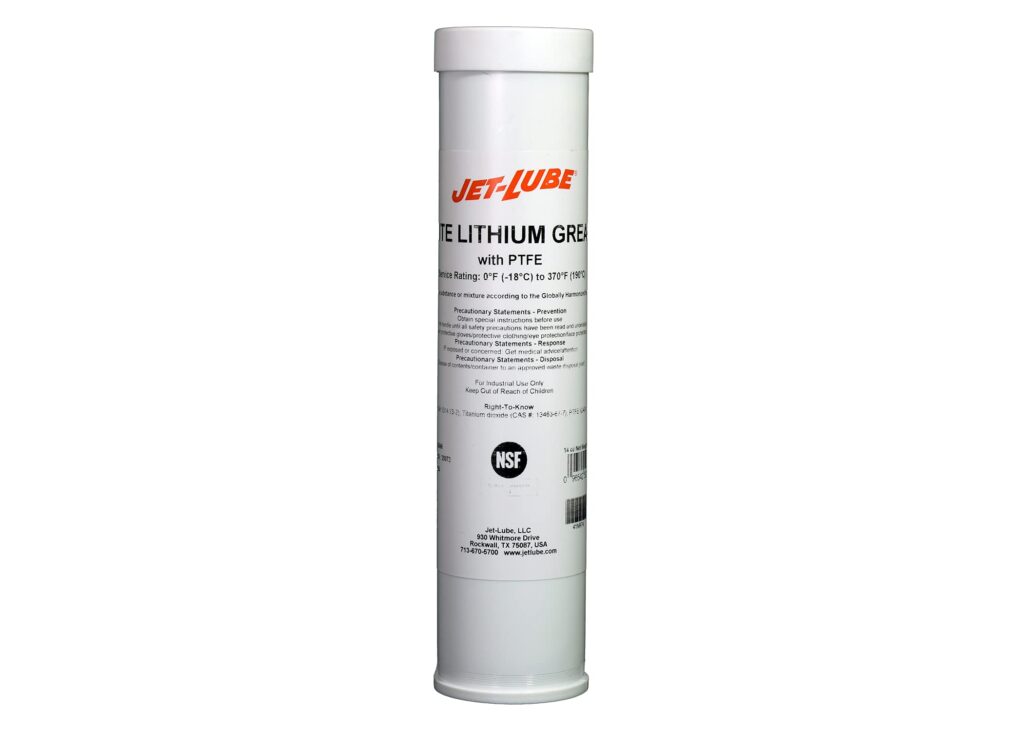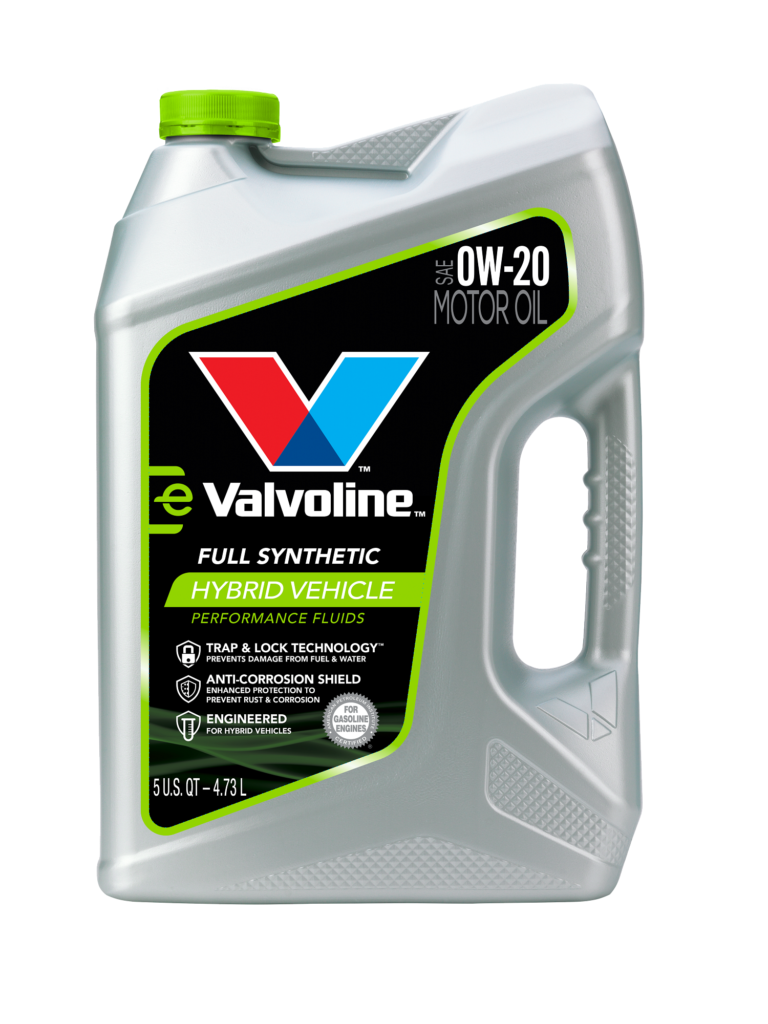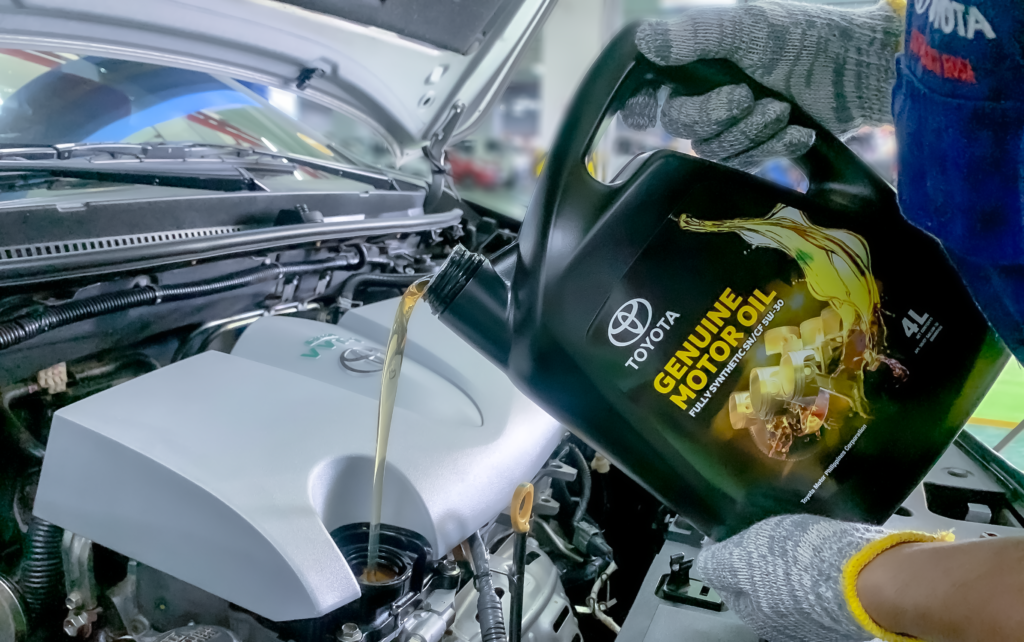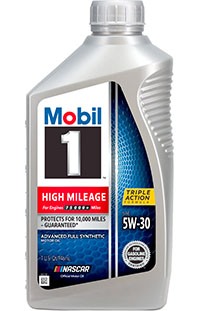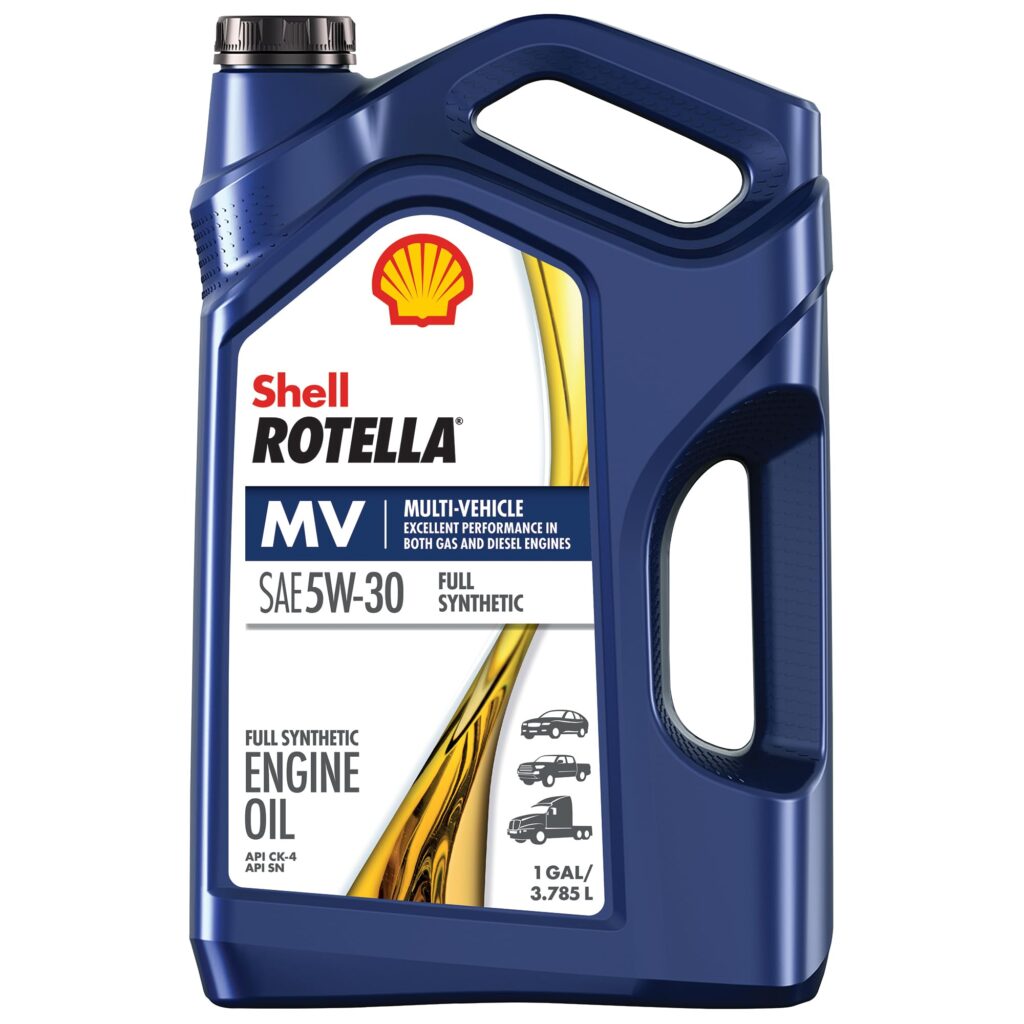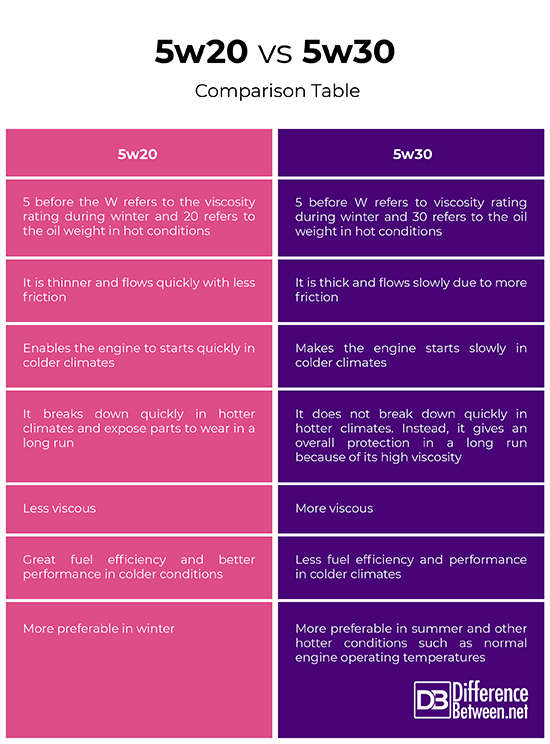White Vs Black Lithium Grease: Choosing the Ultimate Lubricant
Choosing between white and black lithium grease depends on the application’s severity; white is often used in food machinery, while black is preferred for harsh operating conditions. The right grease color can significantly impact lubrication efficiency and equipment performance. Each type offers unique benefits and considerations to keep in mind, such as the additives […]
White Vs Black Lithium Grease: Choosing the Ultimate Lubricant Read More »

